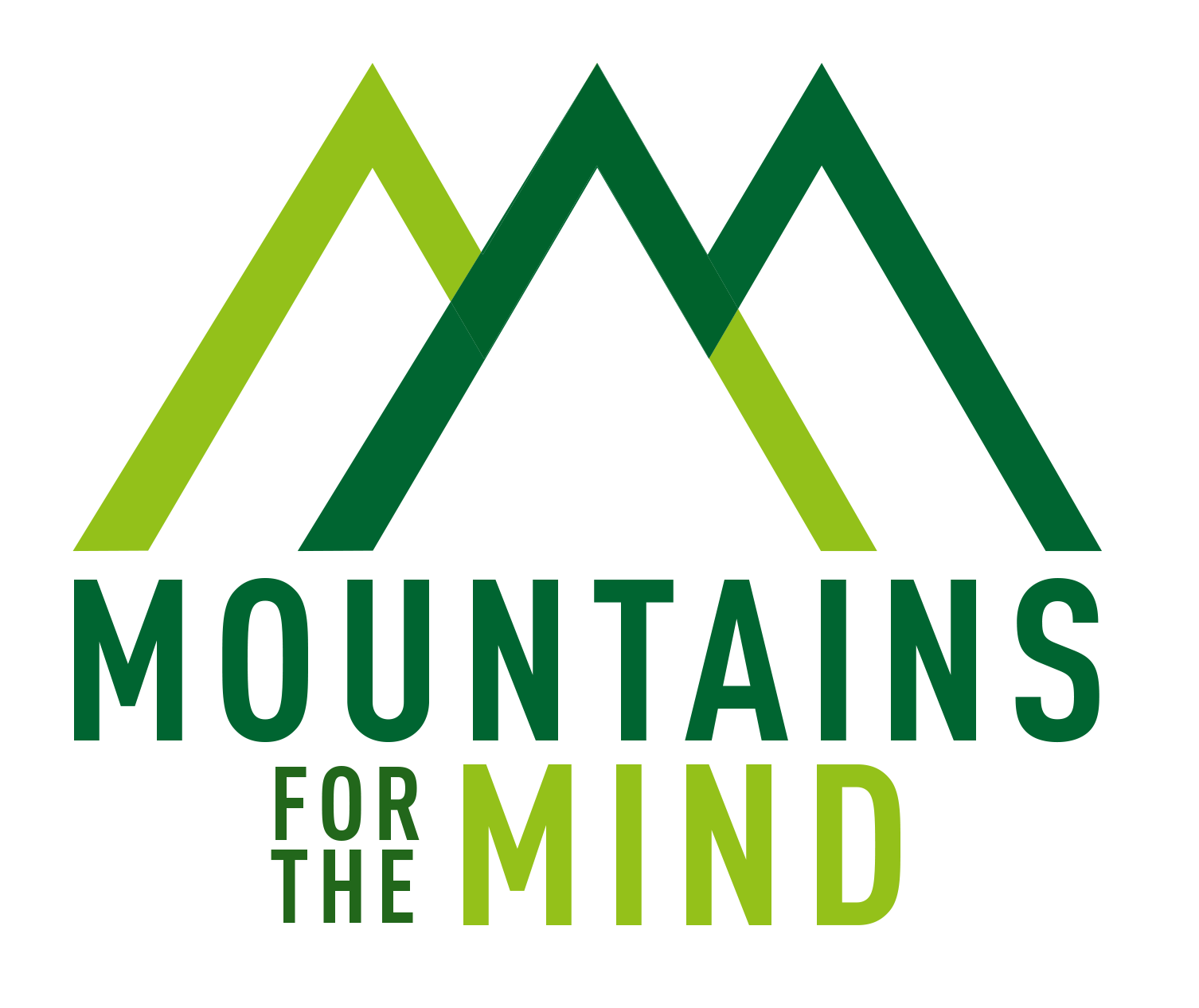Joe Winch, Everest summiteer
“My recovery from PTSD took me to the very top of the world”
At 04:50 on 21 May 2019, after an incredibly difficult journey, I reached the very top of the world. The summit of Mount Everest.
What’s remarkable about my journey isn’t the climb or even attaining the summit, it’s that just two years prior I’d been diagnosed with acute Complex Post Traumatic Stress Disorder (PTSD), among the most serious psychological injuries of war.
I’d endured an extraordinary amount of trauma, experienced frequently and repeatedly for almost a decade, which seriously damaged my brain and my body. At its worst, it totally destroyed me and everything about my world. It was as if I was trapped in a hideous amalgamation of the worst moments of my life, and nothing could ease the pain or alleviate the fear. I was overwhelmed, confused, angry, and totally unable to support my wife and children, look after myself and function as an independent adult.
This is why PTSD can be every bit as catastrophic and life-changing as any physical injury. But with hard work and determination, the patience and support of some fantastic doctors and specialists, and – most importantly – the love and relentless support of my wife, Amy, and our three children, I started to recover.
My progress remained excruciatingly slow, until, that is, I returned to the mountains. My everyday life may be dysfunctional, but it’s very different when I’m in the mountains, immersed in sanctuary, solitude and peace. On Everest, the greatest of all mountains, the difference was so stark I was like another person. One that was fully alive, able to see, breathe and think.
Through the Khumbu Icefall, along the Western Cwm, up the Lhotse Face, and over the South Summit to the North Summit, it was just me and Everest. Thoughts no longer poisoned, I was no longer tortured. Instead, everything was focused on the mountain – the next footstep, the next hand hold, the next gear change. As we pushed from 5000m to 6000m to 7000m, and finally to well over 8000m, I could trust my instincts, rely on my skills and knowledge, and thrive.
My self-confidence and self-esteem grew with every vertical metre climbed. Even though my lungs wanted to explode and my legs ached desperately, I felt increasingly alive, excited and optimistic, both about the mountain and the rest of my life. It was the best feeling in the world. Finally, at 8800m, crossing the final few metres of the summit ridge, entirely alone apart from my teammate, I could see the whole world clearly, and how beautiful and peaceful our planet is.
Although I still have PTSD and struggle with my symptoms every day, I’ll take that struggle, because my recovery has done something more profound than merely ‘curing’ me. It’s taken me on a journey to the very top of the world. It’s left me happier, healthier and more fulfilled than ever. Mental health crises aren’t a death sentence, but can be the start of an incredible journey.


